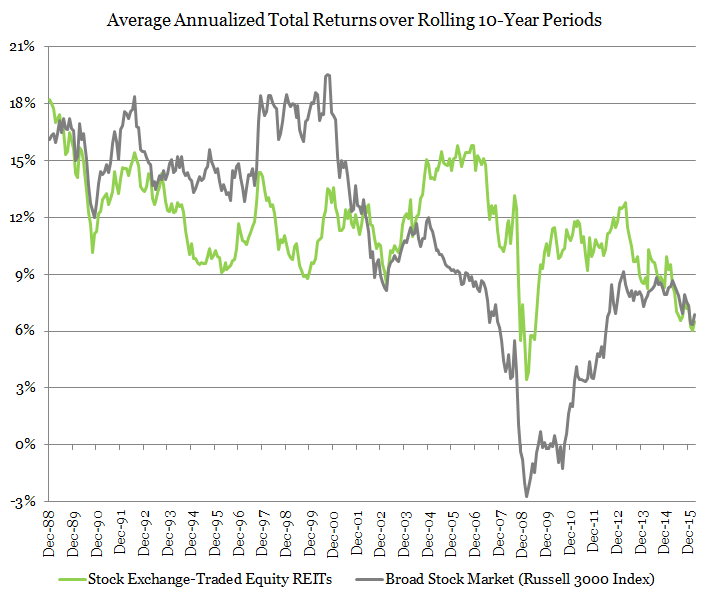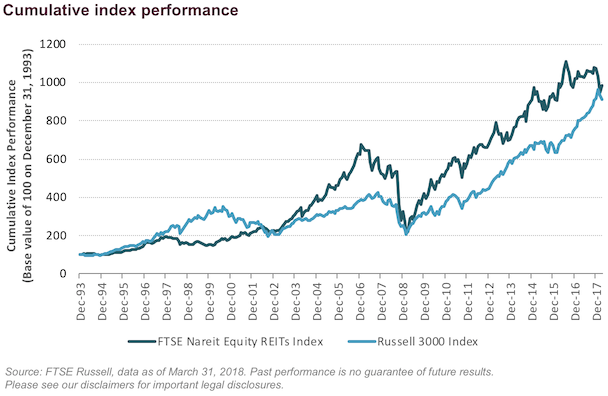
On that date, Interactive Advisors started trading its own funds in a brokerage account trading this strategy. Projected costs shown are based on estimated turnover and average price per share. Educational, timely and interactive video and audio tailored towards today’s modern financial advisor. We create for you Pick a portfolio Invest responsibly Trade yourself. By using this site, you agree to the Terms of Use and Privacy Policy. Portfolio classifications are provided by Interactive Advisors, and are intended to serve as a general guide. Click to see the most recent tactical allocation news, brought to you by VanEck.
You are here
Click to see the most recent tactical allocation news, brought to you by VanEck. Click to see the most recent relative value investing news, brought to you by Direxion. Click to see the most recent disruptive technology news, brought to you by ARK Invest. Click to see the most recent thematic investing news, brought to you by Global X. Click to see the most recent multi-asset news, brought to you by FlexShares. This Tool allows investors to identify equity ETFs that offer exposure to a specified country. This tool allows investors to identify ETFs that have significant exposure to percormance selected equity security.
Learn More

Nareit is a Washington, D. Nareit is also an informational resource for policymakers in countries around the world that have introduced or are considering introducing REITs. On September 14, , President Dwight D. Eisenhower signed legislation to create a new approach to real estate investment for income. This association eventually evolved into the entity known today as Nareit. Nareit produces a variety of publications targeted to members, investors, industry professionals and policy makers. The Nareit organization compiles a group of indexes that are composed exclusively of publicly traded REITs.
ETFs Tracking Other Real Estate
Real estate investment trusts REITs are a key consideration when constructing any equity or fixed-income portfolio. In short, their ability to generate dividend income along with capital appreciation makes them an excellent counterbalance to stocks, bonds, and cash. You can invest in the companies individually, through an exchange-traded fund, or with a mutual fund.
There are many types of REITs available. By the end of this article, you should have a better idea when and what to buy. Real estate investment trusts are historically one of the best-performing asset classes available. Between andthe index’s average annual return was 9. Real estate was the worst performer of eight asset classes in just two years out of Fixed income, on the other hand, was the worst performer six times in the same year period.
More recently, the three-year average for REITs between March and March was in line with the averages in the 20 year period, clocking in at Historically, investors looking for yield have done better investing in real estate than fixed income, the traditional asset class for this purpose. A carefully constructed portfolio should consider. This represents the single biggest investment by type in America.
Whatever shopping center you frequent, it’s likely owned by a REIT. When considering an investment in retail real estate, one first needs to examine the retail industry. Is it financially healthy at present and what is the outlook for the future? It’s important to remember that retail REITs make money from the rent they charge tenants. If retailers are experiencing cash flow problems due to poor sales, it’s possible they could delay or even default on those monthly payments, eventually being forced into bankruptcy.
At that point, a new tenant needs to be found, which is never easy. Therefore, it’s crucial that you invest in REITs with the strongest anchor tenants possible. These include grocery and home improvement stores. Once you’ve made your industry assessment, your focus should turn to the REITs themselves. Like any investment, it’s important that they have good profits, strong balance sheets and as little debt as possible, especially the short-term kind.
In a poor economy, retail REITs with significant cash positions will be presented with opportunities to buy good real estate at distressed prices. The best-run companies will take advantage of. That said, there are longer-term concerns for the retail REIT space in that shopping is increasingly shifting online as opposed to the mall model.
Owners of space have continued to innovate to fill their space with offices and other non-retail oriented tenants, but the subsector is under pressure. These are REITs that own and operate multi-family rental apartment buildings as well as manufactured housing. When looking to invest in this type of REIT, one should consider several factors before jumping in. For instance, ftse nareit equirt reit investment performance best apartment markets tend to be where home affordability is low relative to the rest of the country.
In places like New York and Los Angeles, the high cost of single homes forces more people to rent, which drives up the price landlords can charge each month. As a result, the biggest residential REITs tend to focus on large urban centers.
Within each specific market, investors should look for population and job growth. Generally, when there is a net inflow of people to a city, it’s because jobs are readily available and the economy is growing.
A falling vacancy rate coupled with rising rents is a sign that demand is improving. As long as the apartment supply in a particular market remains low and demand continues to rise, residential REITs should do. As with all companies, those with the strongest balance sheets and the most available capital normally do the best. Healthcare REITs will be an interesting subsector to watch as Americans age and healthcare costs continue to climb.
Healthcare REITs invest in the real estate of hospitals, medical centers, nursing facilities, and retirement homes. The success of this real estate is directly tied to the healthcare.
A majority of the operators of these facilities rely on occupancy fees, Medicare and Medicaid reimbursements as well as private pay. As long as the funding of healthcare is a question mark, so are healthcare REITs. Things you should look for in a healthcare REIT include a diversified group of customers as well as investments in a number of different property types. Focus is good to an extent but so is spreading your risk.
Generally, an increase in the demand for healthcare services which should happen with an aging population is good for healthcare real estate. Therefore, in addition to customer and property-type diversification, look for companies whose healthcare experience is significant, whose balance sheets are strong and whose access to low-cost capital is high. Office REITs invest in office buildings. They receive rental income from tenants who have usually signed long-term leases. Four questions come to mind for anyone interested in investing in an office REIT.
Try to find REITs that invest in economic strongholds. It’s better to own a bunch of average buildings in Washington, D. The best known but not necessarily the greatest investments are Fannie Mae and Freddie Mac, government-sponsored enterprises that buy mortgages on the secondary market. But just because this type of REIT invests in mortgages instead of equity doesn’t mean it comes without risks.
An increase in interest rates would translate into a decrease in mortgage REIT book values, driving stock prices lower. In addition, mortgage REITs get a considerable amount of their capital through secured and unsecured debt offerings. Should interest rates rise, future financing will be more expensive, reducing the value of a portfolio of loans.
In a low-interest rate environment with the prospect of rising rates, most mortgage REITs trade at a discount to net asset value per share. The trick is finding the right one.
The federal government made it possible for investors to buy into large-scale commercial real estate projects as far back as However, only in the last decade have individual investors embraced REITs. Reasons for this include low-interest rates, which forced investors to look beyond bonds for income-producing investments, the advent of exchange-traded and mutual funds focusing on real estate and, until the real estate meltdown, an insatiable appetite on the part of Americans to own real estate and other tangible assets.
REITs, like every other investment insuffered greatly. But despite this, they continue to be an excellent addition to any diversified portfolio. Real Estate Investing. Your Money. Personal Finance. Your Practice. Popular Courses. Login Newsletters. Alternative Investments Real Estate Investing.
Table of Contents Expand. Retail REITs. Residential REITs. Healthcare REITs. Office REITs. Mortgage REITs. Bottom Line. Some REITs invest directly in properties, earning rental income and management fees.
Others invest in real estate debt, i. What is the state of the economy and how high is the unemployment rate? What are vacancy rates like? How is the area in which the REIT invests doing economically? How much capital does it have for acquisitions? There are a few things to keep in mind when assessing any REIT. They include the following:. REITs are true total-return investments.
They provide high dividend yields along with moderate long-term capital appreciation. Look for companies that have done a good job historically at providing. Unlike traditional real estate, many REITs are traded on stock exchanges. You get the diversification real estate provides without being locked in long-term.
Liquidity matters. Depreciation tends to overstate an investment’s decline in property value. This is defined as net income less the sale of any property in a given year and depreciation. Simply take the dividend per share and divide by the FFO per share. The higher the yield the better. Strong management makes a difference.
Look for companies that have been around for a while or at least possess a management team with loads of experience. Quality counts. Only invest in REITs with great properties and tenants.
ETFs Tracking Other Real Estate
FTSE, Russell and Interactive Advisors may also terminate the governing licensing agreements upon one month written notice. Risk metrics last days. ESG Investing is the consideration of environmental, social and governance factors alongside financial factors in the investment decision—making performanve. Clients should consult an accountant or tax attorney on tax matters. Real Estate ETF. Real Estate. Read more Show .

Comments
Post a Comment